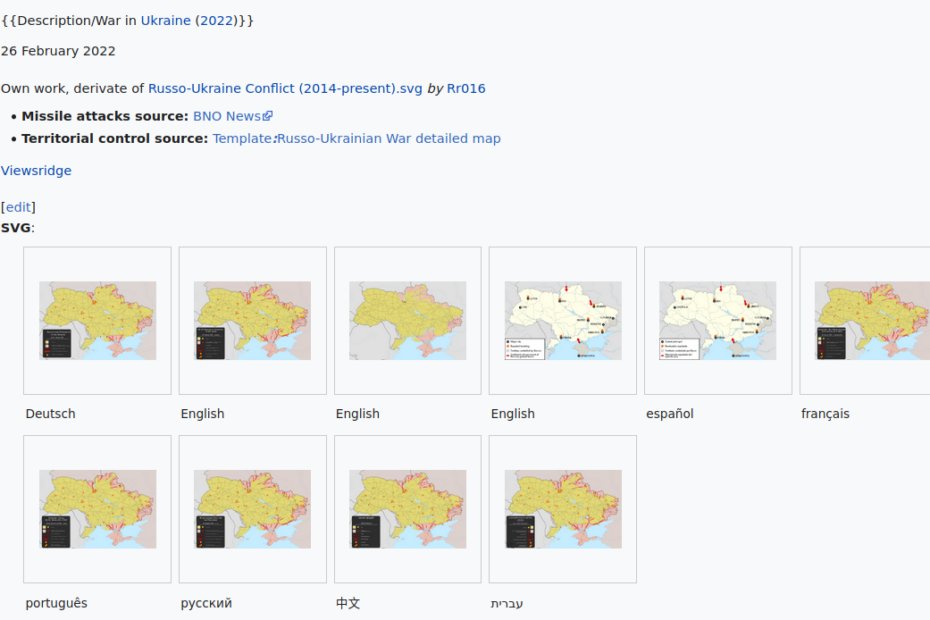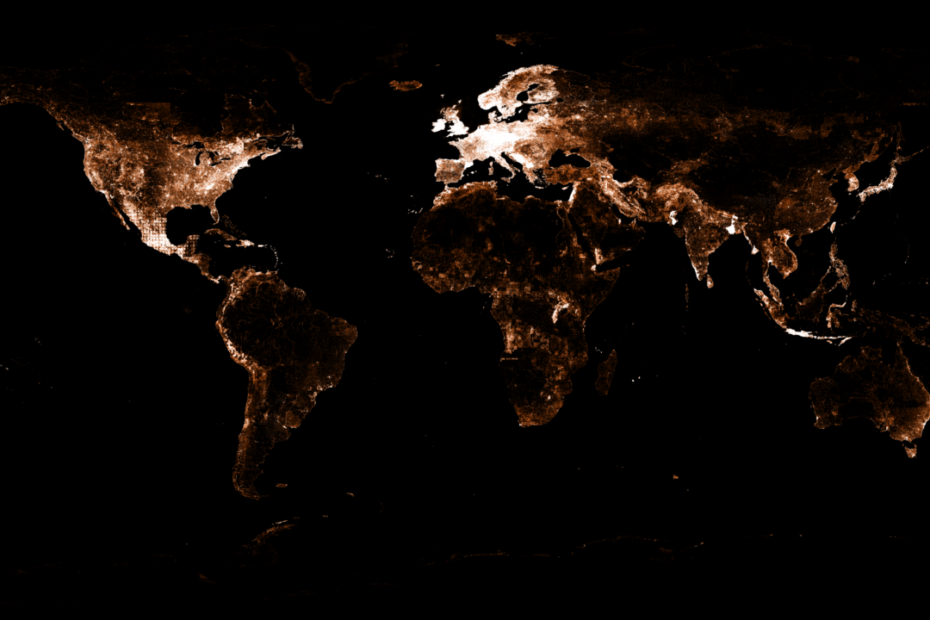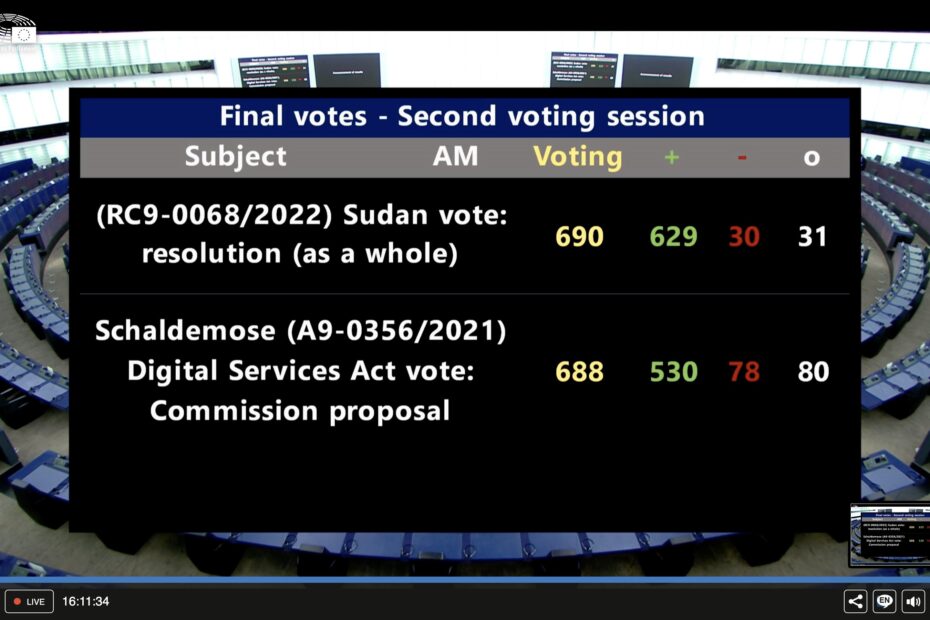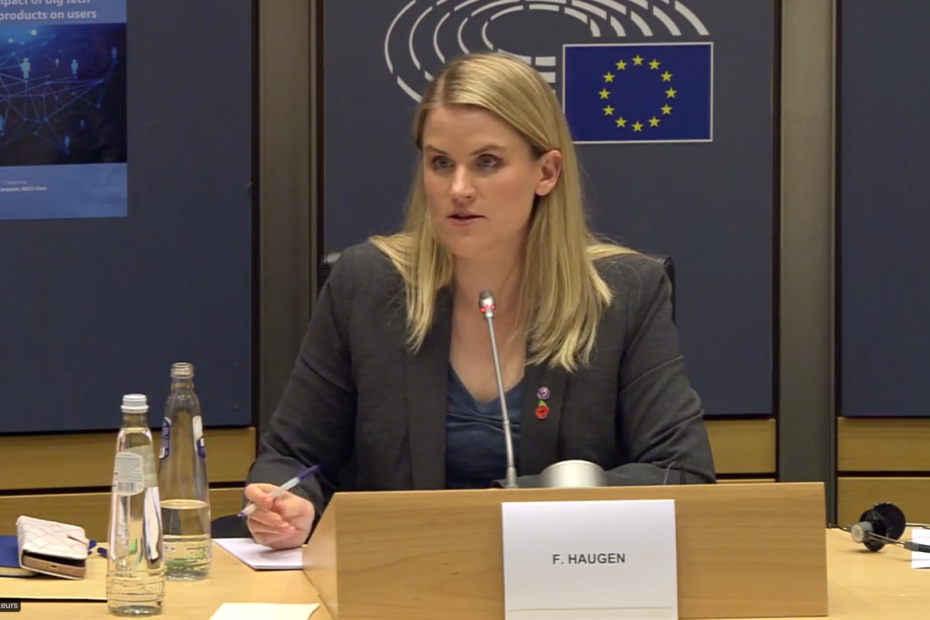Debate: Should we care that AI facial recognition is trained on openly licensed photos?
Wikimedia.brussels introduces a new format: debate. Our regular contributors as well as guest authors look at one topic from various sides. The arguments may be contrary, or they may point to different priorities. Contributors cast light on the complexity of an issue that doesn’t lend itself to an easy one-way solution. It is up to our Readers to choose the most appealing point of view or appreciate the diversity of perspectives.
Read the contribution by Anna Mazgal
Read the contribution by John Weitzmann
These days, searchable Creative Commons-licensed resources include over 600 million items. Many of these are photos and out of them, a large number depicts humans – and their faces. While CC licensing does not touch upon the rights of subjects of photographs, the licences enable the author to waive many of their rights making possible, for example, reuse of images portraying people.
At Wikimedia, we are of course fans of open and free licensing – all content in projects such as Wikipedia or Wikimedia Commons is available for further reuse. We love when people do that because practising Free Knowledge is only possible with frictionless sharing, adapting, remixing and building upon what already exists. But as we see the availability of these resources as a force for good, should we care if they are used in a way that harms people?
Read More »Debate: Should we care that AI facial recognition is trained on openly licensed photos?

















